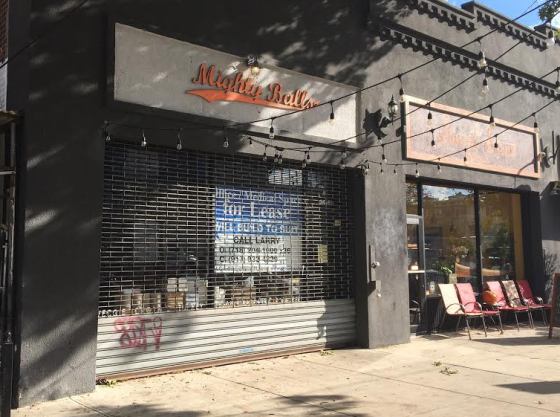
Oct. 25, 2016 Staff Report
Mighty Balls, an eatery that served meatball sandwiches and opened in Astoria in July 2015, has closed.
The restaurant was located at 35-11 34th Avenue and the establishment was its first brick-and-mortar store after gaining a following at street fairs around the city for the past five years. Today, a for-lease sign is in the window and the location is empty.
Mighty Balls, which got its start as a vendor at the Hester Street Fair and later at the holiday market in Union Square, focused on offering customers meatball sandwiches from a menu of different meat and sauce options. Many of the sauces were known to be spicy.
The owners at the time of its opening said they chose Astoria as the place for their brick-and-mortar store because of the neighborhood’s reputation for quality food.
The owners could not be reached for comment at this time.
